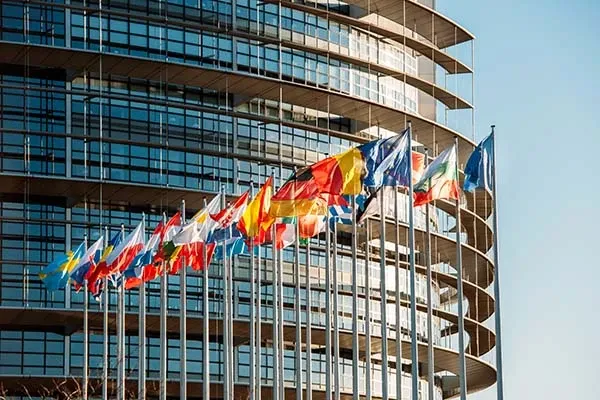Larry Ellison Offers Personal Guarantee to Paramount's Warner Bid
The co-founder of Oracle, Larry Ellison, announced that he would issue personal guarantees on behalf of Paramount Skydance in an effort to acquire Warner Bros. Discovery.

At work, at home or on the move, Europeans expect an internet connection that is fast and reliable. Encouraging investments in very high-capacity networks is increasingly important for education, healthcare, manufacturing or transport.
To meet these challenges and prepare Europe's digital future, the Commission has put forward three strategic connectivity objectives for 2025. All main socio-economic drivers, such as schools, universities, research centres, transport hubs, all providers of public services such as hospitals and administrations, and enterprises relying on digital technologies, should have access to extremely high - gigabit - connectivity (allowing users to download/upload 1 gigabit of data per second).
All European households, rural or urban, should have access to connectivity offering a download speed of at least 100 Mbps, which can be upgraded to Gbps, and all urban areas as well as major roads and railways should have uninterrupted 5G coverage, the fifth generation of wireless communication systems. As an interim target, 5G should be commercially available in at least one major city in each EU Member State by 2020.
These objectives can only be achieved with massive investments. The Commission therefore proposed a new European Electronic Communications Code including forward-looking and simplified rules that make it more attractive for all companies to invest in new top-quality infrastructures, everywhere in the EU, both locally and across national borders.
The investments triggered by the new framework could boost our GDP by an additional €910 billion and create 1.3 million new jobs over the next decade (by 2025). In addition to the Code, the Commission also presented an action plan to deploy 5G across the EU as from 2018. This has the potential to create two million jobs in the EU. Another key initiative of today's connectivity package, WiFi4EU, aims at helping European communities offer free Wi-Fi access points to any citizen.